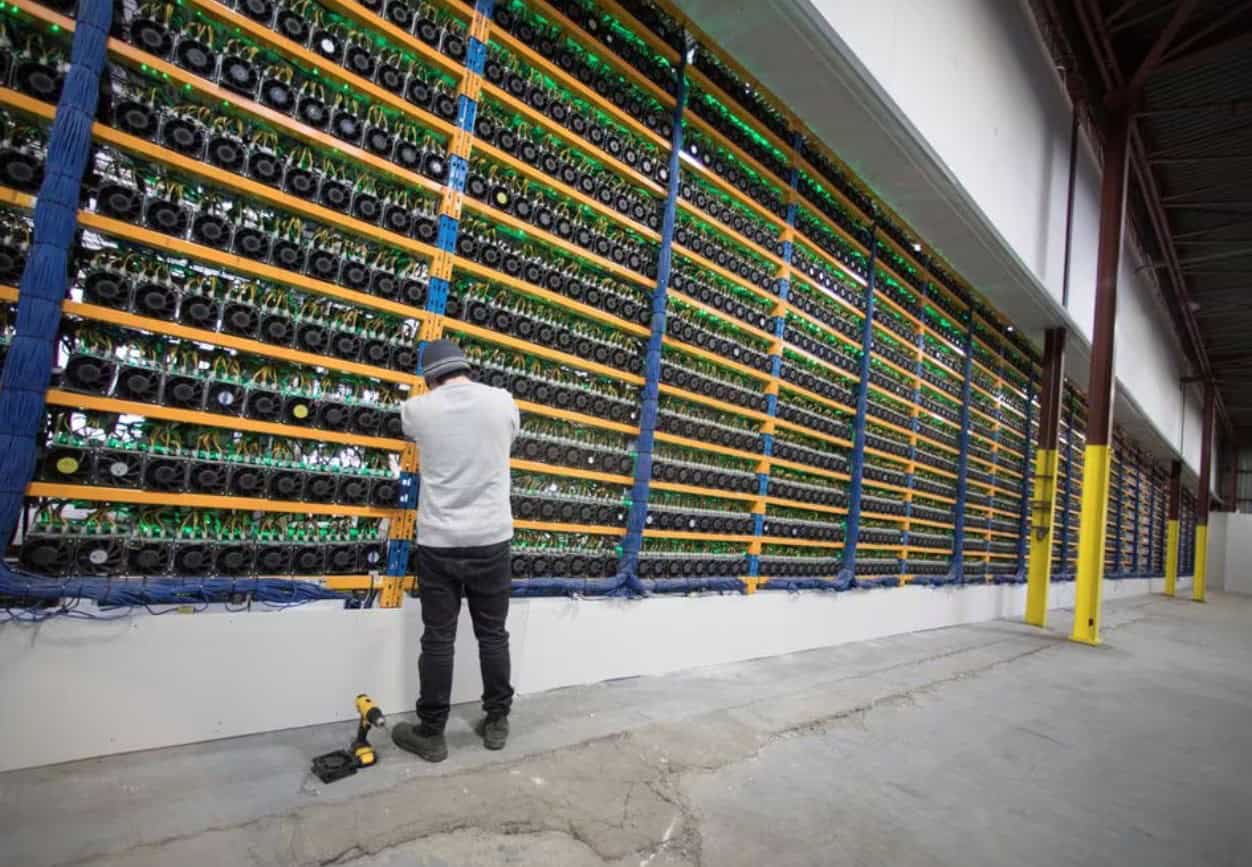
After a brutal cryptocurrency downturn wiped out over $1 trillion of investors’ wealth since 2021, new hope is starting to emerge. But if the United States continues to promote a crypto exodus, the recovery of digital assets and their underlying blockchain technology might pass the world’s biggest economy by.
True, crypto and blockchain aren’t the same, and most cryptocurrencies might prove largely worthless. But digital tokens and the technology underpinning them are inextricably linked, in part because there is big overlap between developers of both. The United States’ sluggish approach to crypto rule-making is starting to drive innovators away.
A big reason for that is that lawmakers elsewhere are feathering the digital economy’s nest. A new European Union law setting guidelines for digital asset firms is due to take effect in 2024, and the UK plans to bolster its own legislation soon. Decision makers in Washington, though, are merely muddling along, and as a result the United States is losing ground: Data compiled by Electric Capital show that the share of blockchain developers based in the country has fallen each year since 2018.
Despite recent high-profile blowups, U.S. companies are still investing in blockchain. Financial services firm Franklin Templeton in April put a money-market fund on a digital ledger to speed up the settlement process and lower costs, while Walt Disney (DIS.N) in November unveiled plans for a blockchain-powered collectibles marketplace. Hopes that U.S. authorities might approve the first bitcoin exchange-traded fund have helped rekindle enthusiasm, too. In the last week of November, digital asset investment products saw their largest inflows since 2021, according to investment firm CoinShares.
The big risk is that if Uncle Sam loses the loyalty of bitcoin and blockchain developers, the U.S. economy may miss out on even bigger, yet-to-be-imagined advances. History shows other examples of new technologies turbocharging older ones. Take graphics processing units. The recent explosion of super-powerful artificial intelligence models that run on those units, which themselves aren’t new, has helped chipmaker Nvidia’s (NVDA.O) stock price more than double in the past year.
Worryingly for the U.S., crypto firms are already beginning to spread their bets. Venture capital firm Andreessen Horowitz itself opened its first non-U.S. office in 2023 in London to focus on digital assets. If innovators keep rushing for the exits, American influence over potentially valuable emerging technologies could sneak away too.
